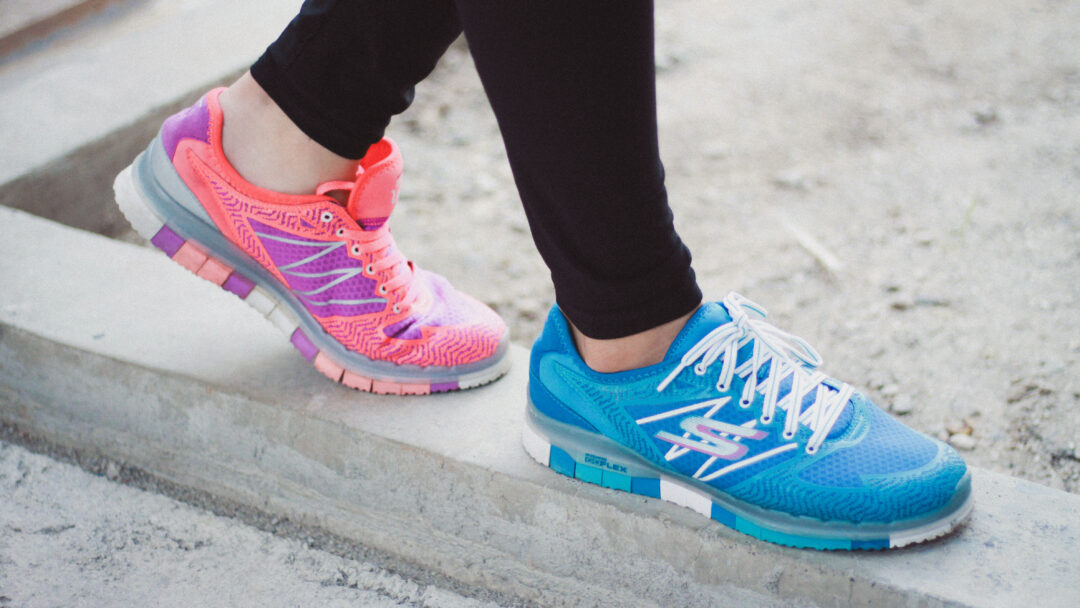Well I obviously have the masculine traits of competitiveness/dominance so much that I ignore my doctor's admonition not to walk by myself in the woods because of the possibility of falls. Well, challenging walking will prevent future falls since I'll know how to react and how to fall. Is your competent? therapist teaching you how to fall? NO? Why not?
Revealing the impact of gender traits on exercise confidence post-stroke

Research led by PhD Candidate Elise Wiley and Dr. Ada Tang from the School of Rehabilitation Science at McMaster University has provided important new insights on how gender may be related to a person’s confidence and expectations of exercise after stroke.
In a study published in Plos One involving 67 people with stroke, Wiley and Tang found that people with traits typically associated with masculine gender expressions such as competitiveness and dominance had greater confidence in exercise compared to people possessing neither dominant nor competitive traits. Their expectations of the benefits of exercise after stroke were not different across gender traits.

Research led by PhD Candidate Elise Wiley and Dr. Ada Tang from the School of Rehabilitation Science at McMaster University has provided important new insights on how gender may be related to a person’s confidence and expectations of exercise after stroke.
In a study published in Plos One involving 67 people with stroke, Wiley and Tang found that people with traits typically associated with masculine gender expressions such as competitiveness and dominance had greater confidence in exercise compared to people possessing neither dominant nor competitive traits. Their expectations of the benefits of exercise after stroke were not different across gender traits.
These findings suggest that clinicians working with people with stroke can use specific strategies for people with different traits to help boost confidence in exercise. For example, therapists may explore 1:1 exercise sessions or group exercise where those with similar abilities are grouped together to enable people with neither dominant nor competitive traits to optimize their confidence in exercise.
Read the full article here
and dominance had greater confidence in exercise compared to people possessing neither dominant nor competitive traits. Their expectations of the benefits of exercise after stroke were not different across gender traits.
These findings suggest that clinicians working with people with stroke can use specific strategies for people with different traits to help boost confidence in exercise. For example, therapists may explore 1:1 exercise sessions or group exercise where those with similar abilities are grouped together to enable people with neither dominant nor competitive traits to optimize their confidence in exercise.
No comments:
Post a Comment